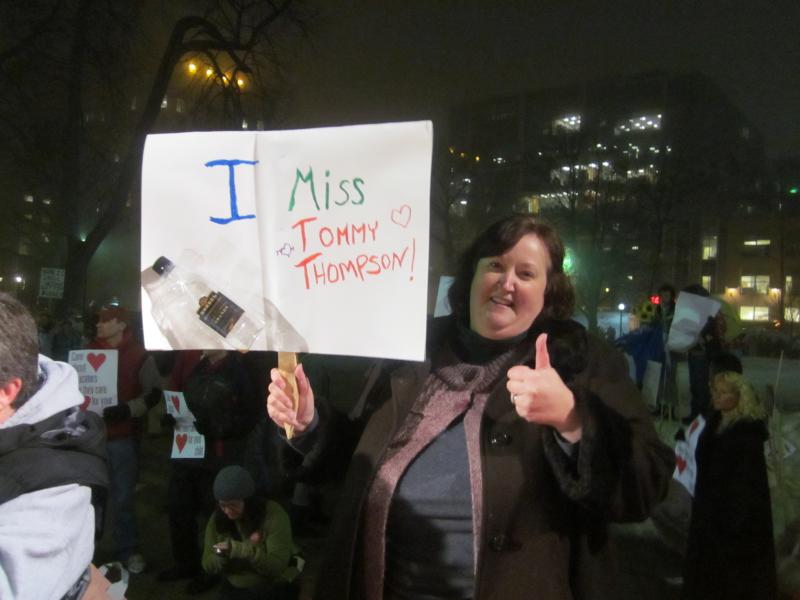NPR's Planet Money recently reported on astroturf activities in the financial sector. "Forgery: The Latest Tactic To Sway Finance Rules" focuses on the behind the scenes fight over the implementation of the Dodd-Frank Wall Street reform bill. The Dodd-Frank bill is now in the agency rulemaking stage and financial sector lobbyists have descended en masse on the pertinent federal agencies, lobbying in person and via comment letters to the Federal Register. Some firms seem to think their advocacy would be more effective if it came from grassroots groups and not corporations. As NPR reports: "In an effort to influence the new rules, somebody sent several forged letters to the Commodities Futures Trading Commission, a key government agency. The letters were sent as part of the public comment process for an arcane rule that could have big financial implications." The rule involved proposal to limit conflicts of interest at derivatives clearinghouses. The forged letters were supposedly from an exec at Heinz (the food company), a Burger King franchise owner, a local judge, a county sheriff and a dozen other concerned citizens. But in reality they were sent from a PR firm on contract with an unnamed client. The Wall Street Journal has named the PR firm as Dewey Square Group and its subcontractor, Goggans Inc. as culprits in the fiasco, but the firm's client is still unknown. The faux letters contain verbatim language railing against the "cartel-like control" of banks in the derivatives market, certainly a legitimate complaint. The fact that financial services firms -- perhaps those who want the opportunity to be part of the cartel -- had to hire PR companies to develop fake "grassroots" to counter the big banks underscores the continued absence of real, organized grassroots in the financial services debates. One notable exception is Americans for Financial Reform (AFR) a coalition of over 250 of labor, consumer, housing, and other public interest groups, that advocates for consumer protection and a more stable and secure financial system. Find out more at Ourfinancialsecurity.org.


 10:10 p.m. - GOOD OLE DAYS
10:10 p.m. - GOOD OLE DAYS